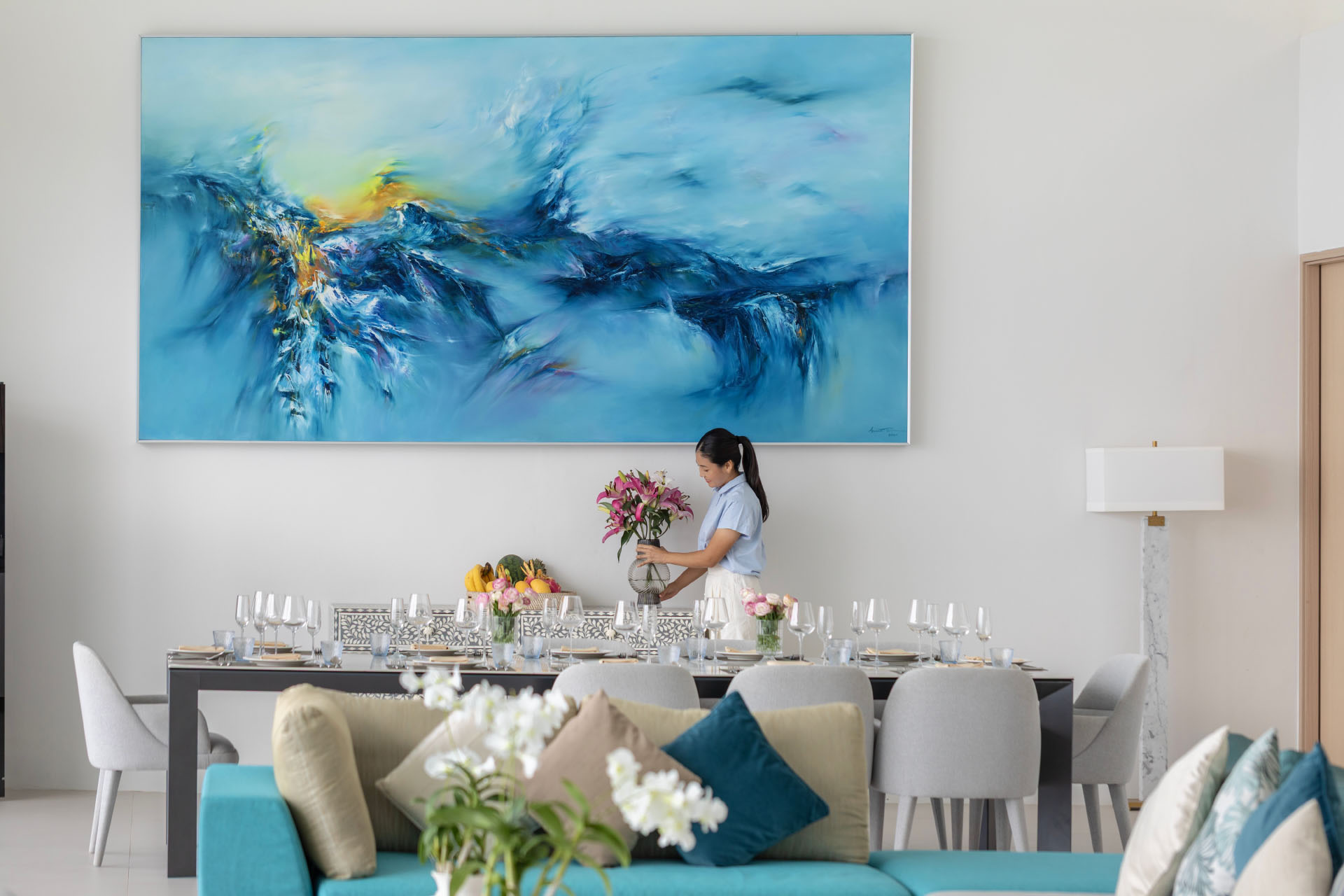Thailand is one of the most visited countries in the world, and there’s good reason for that. Aside from its stunning beaches, rich culture, fantastic cuisine, and deep history, the country is renowned for its warm and hospitable people.
Visitors often describe the country’s welcome as warm, effortless, and elegant, which is a way of hosting that feels both culturally and personally inviting. At the center of this reputation lies a set of values that shape how service is given and how guests are cared for.
This article explores how these values, rooted in tradition and intuitive service, are reshaping the very definition of luxury travel. Through the combination of Thai ethos with modern tourism, luxury hotels, spas, and villas are crafting experiences that go beyond a simple vacation. These experiences feel authentic and deeply human; it’s almost like coming home.
Related article: Thailand Remains a Safe and Welcoming Destination for Global Travelers
Core Principles of Thai Hospitality
1. “The Smile” as More Than a Gesture
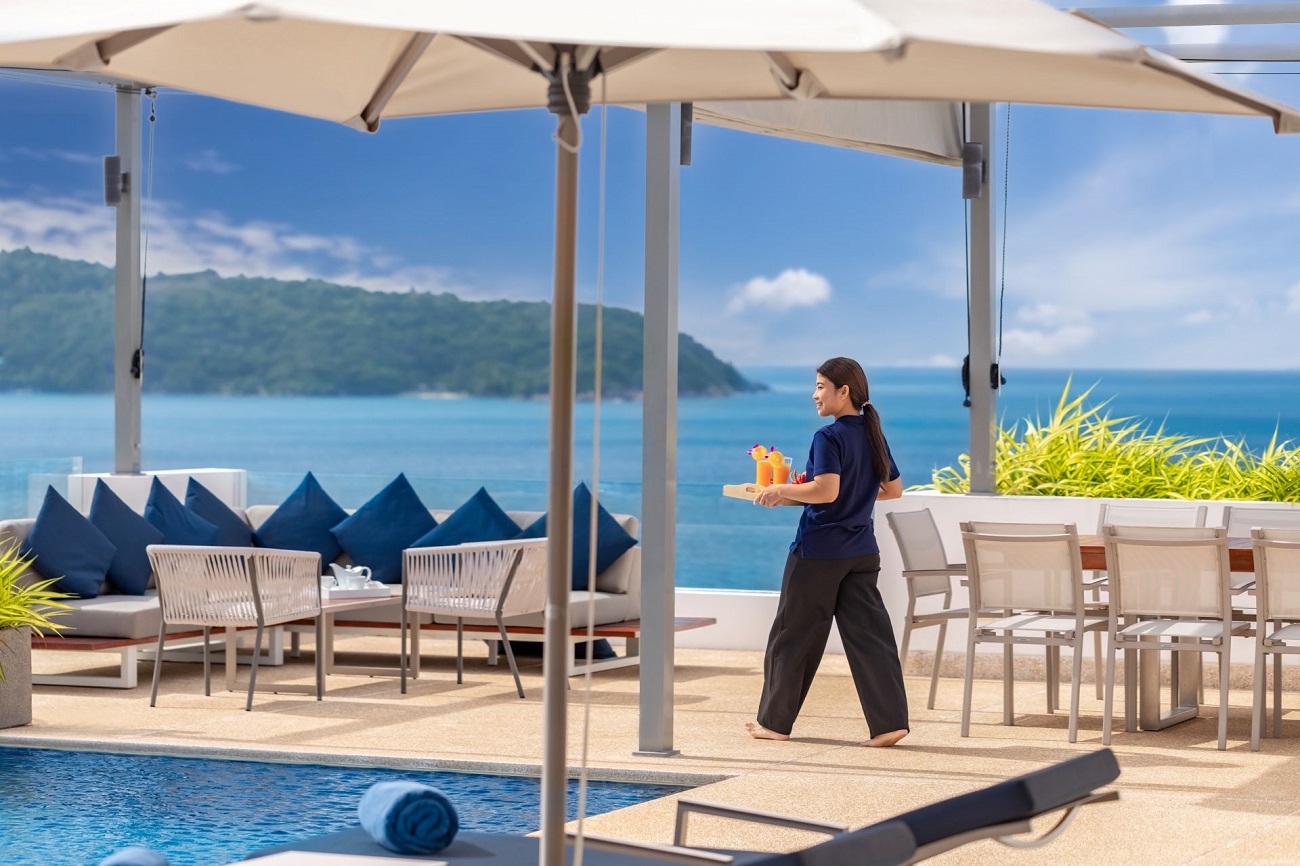
Thailand isn’t called the “Land of Smiles” for nothing. The Thai smile is usually the first thing visitors notice when they arrive. More than just a polite reflection, the Thai smile embodies respect, welcome, and goodwill. In service settings, the smile serves as a bridge or a form of nonverbal communication. Encountering staff in hotels and spas, visitors will experience the Thai smile as both a cultural greeting and a subtle assurance of kindness and attentiveness.
Related article: The Power of a Smile: How Thailand’s Culture Speaks Through this Simple Expression
2. “Nam Jai” – Generosity of Spirit
While the Thai smile is what the nation is known for, it’s actually their “Nam Jai” that’s at the heart of it all. Translated to “water from the heart,” it is the generosity of spirit that reflects the act of giving without expecting anything in return. Nam Jai could be an extra dish sent to the table, a room arranged with surprising detail, or a staff member offering help without being asked. In luxurious settings, this generosity of spirit is reflected in a form of service that feels more personal than transactional.
3. “Hidden Language” of Careful Intuition
Hospitality in Thailand also carries an unspoken aspect. A recent cultural essay written by a travel writer describes the hidden language of the Thai approach: quietly replenishing one’s drink, adjusting a space for a guest’s comfort, or stepping in to help without being asked. These are just a few examples of the many ways in which Thai hospitality goes above and beyond to ensure guest comfort and satisfaction. Grounded in their cultural values of empathy and attentiveness, it is often described as careful intuition.
Luxury Tourism’s Growth in Thailand
1. Market Size and Momentum
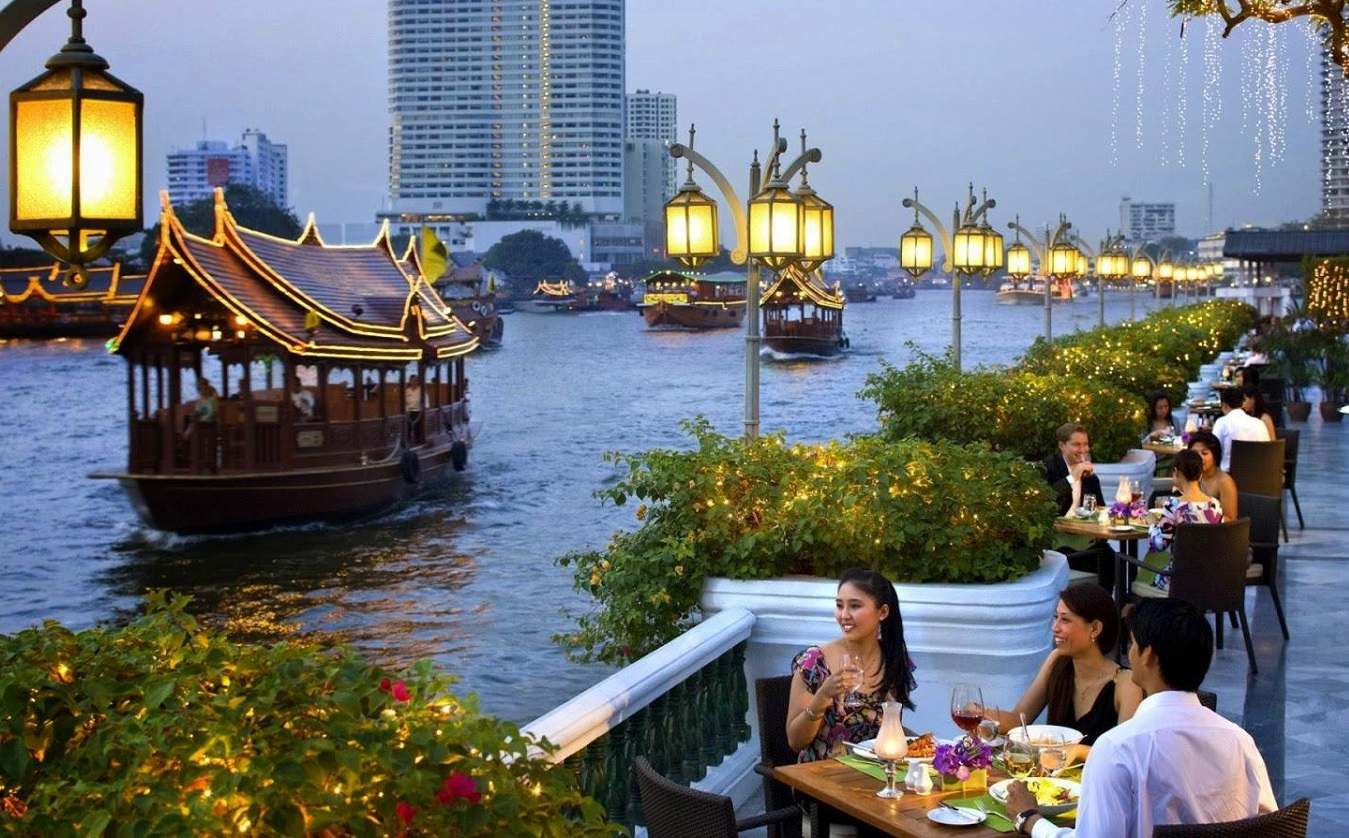
Thailand’s luxury travel market continues to grow. Revenue reached approximately USD 11.1 billion in 2024, and by 2030, it is expected to reach USD 19.3 billion, with an annual growth rate of nearly 10%, according to Grand View Research. This momentum is fueled not only by global appetite for premium travel but also by the cultural capital Thailand holds through its hospitality.
2. Tourism Recovery Trends
The rebound after the pandemic has been strong, with the country welcoming over 35 million visitors in 2024, generating approximately 1.8 trillion baht in revenue. Targets for the 2025 project are up to 39 million arrivals and revenues exceeding 2 trillion baht. Luxury travel makes up a growing share of this recovery, with high-end properties benefiting from renewed global interest.
3. Hospitality Capacity & Occupancy
By 2025, Thailand is projected to host more than 22,000 properties with over 827,000 rooms nationwide, indicating that the industry’s sales support this growth. Coastal regions, such as Phuket and Koh Samui, are expected to reach occupancy rates of nearly 79%, while the nationwide average occupancy rate is around 75%. Average room rates continue to rise at a rate of about 5 percent year-on-year, reflecting both demand and the elevated service standards associated with Thai luxury.
How Thai Hospitality Brings Luxury to Life
1. Cultural Immersion and Authenticity
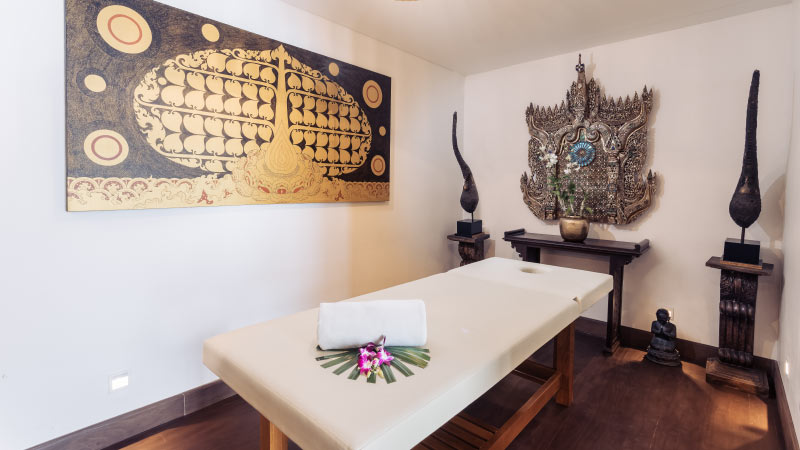
In Thailand, luxury does not separate itself from tradition, but it absorbs it. High-end experiences are infused with Thai rituals, aesthetics, and values. Whether through spa treatments rooted in traditional healing, villa designs inspired by heritage architecture, or service grounded in Nam Jai, guests encounter an authenticity that feels lived-in rather than staged. This cultural grounding sets Thai luxury apart from global counterparts.
Related article: Modern vs Traditional Design: A Showcase of Contrasts Through our Luxury Villa Collection
2. Personalization at Every Level
What sets Thailand’s luxury experience apart is its intensely personal touch. Guests often recount instances of being remembered, anticipated, and cared for in ways that surpass scripted service. A favorite tea awaiting in the villa, a staff member recalling a detail from a previous visit, or a spa therapist adjusting treatments based on subtle cues. All these instances reflect a level of personalization deeply ingrained in Thai hospitality values, making guests feel genuinely valued.
3. Strategic Use of Iconic Media Influence
Thailand’s prominence in luxury tourism has been further amplified through cultural exposure. The global success of the HBO series The White Lotus, which showcased Thai coastal landscapes, sparked a surge in set-jetting. Bookings at properties like Four Seasons Koh Samui saw a significant rise, with some reports citing increases of over 300 percent. Hotels and villas have responded with cinematic offerings, blending immersive experiences with cultural storytelling to leverage media influence and enhance authentic hospitality, leaving the audience excited about the future of Thai luxury tourism.
4. High-end Stays with Thai Soul
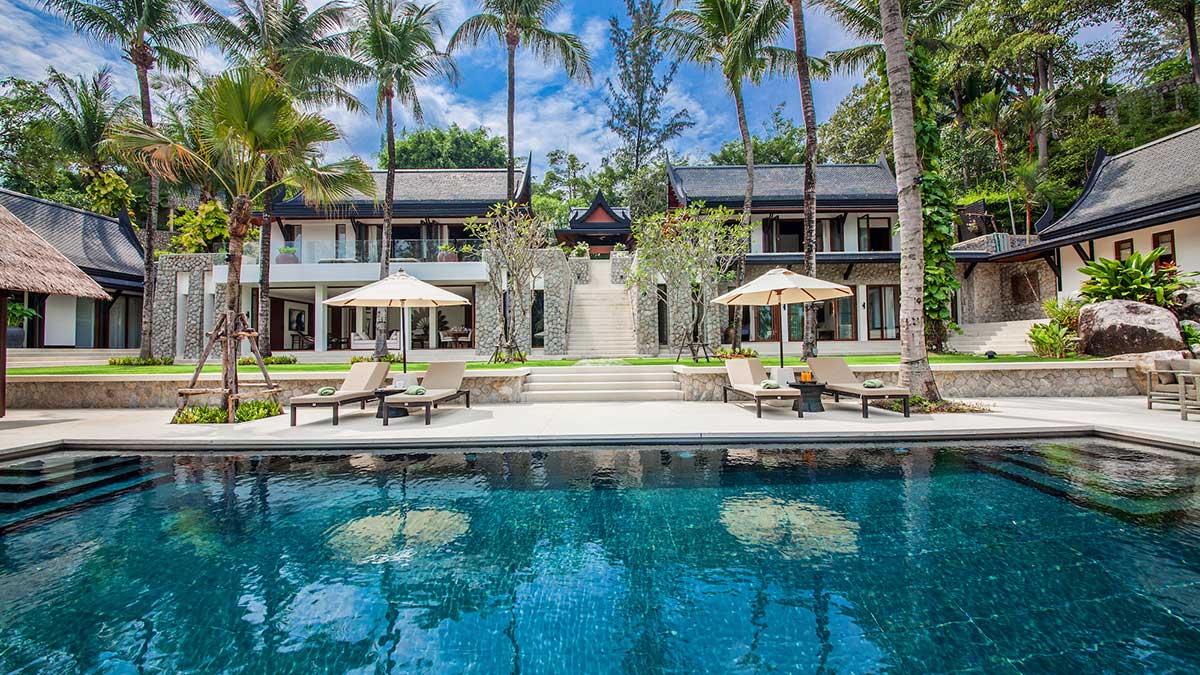
Thai hospitality defines luxury across the country’s finest resorts, boutique hotels, villas, and wellness retreats. More than stunning settings, guests encounter warmth through effortless touches—meals crafted with fresh local ingredients, baths sprinkled with rose petals, or staff quietly anticipating needs. Elegant Koh Samui villas and Phuket holiday villa rentals embody this spirit, extending Thai values into private escapes where privacy and personalization create serene sanctuaries.
This hospitality translates into tangible success. Occupancy rates remain strong, visitor satisfaction is at record highs, and even as hotel prices rise 30 to 50 percent above pre-pandemic levels, demand continues to grow. Travelers willingly pay for the elevated service and authenticity that set Thailand apart.
Ultimately, Thai hospitality is not just service but a cultural philosophy of smiles, generosity, and intuitive care. It transforms luxury travel into meaningful experiences, where guests feel not only welcomed but genuinely cared for.
Related article: Finding the Best Private Luxury Villas in Thailand
Thailand’s Gift to Global Luxury Travel
As Thailand emphasizes tourism growth and strengthens its global profile, its authentic hospitality remains its true identity. For travelers, the country offers not only world-class villas, spas, and hotels but also the rare gift of feeling truly welcomed, which is a reminder that the heart of luxury lies not only in place but in the spirit of those who host.
–
Featured Image: Villa ANDA

